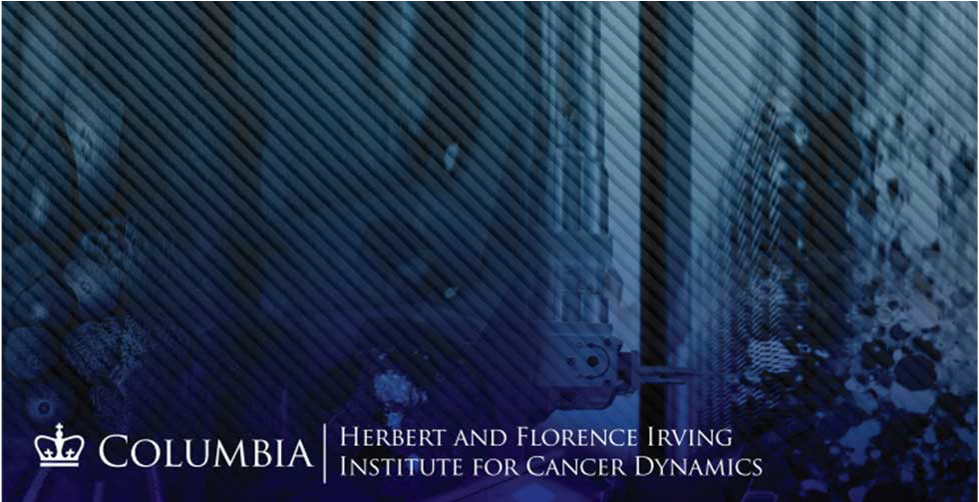Understanding and controlling randomness is crucial in solving global challenges including contemporary problems in biology. To unite the scientists utilizing probabilistic methods to tackle biological problems, Ivan Corwin, Professor, Dept. of Mathematics, led a symposium on March 6, 2020, co-organized by the Herbert and Florence Irving Institute for Cancer Dynamics and the Probability and Society Initiative.
The afternoon started off with a lecture by Tian Zheng, Professor and Chair, Dept. of Statistics. She discussed how to use Markov modulated Hawkes processes to model "bursty" events in which there are periods of activity followed by periods of dormancy. This talk was followed by one by Ian McKeague, Professor, Dept. of Biostatistics, which studied branching processes related to random trees and random matrix theory. Mathieu Carriere, Postdoctoral research scientist, Dept. of Systems Biology, gave a stirring talk about topological data analysis, showing how to perform statistical analysis on the results of the "Mapper" algorithm. Wesley Tansey, Postdoctoral research scientist, Dept. of Systems Biology, then explained how deep probabilistic learning methods can be used to discover which genes play important roles in cancer drug response. The final talk was presented by Khanh Dinh, Postdoctoral research scientist, Dept. of Statistics, who applied probabilistic models to understand how to infer the phylogenetic trees behind the evolution of cancerous mutations.
The talks were followed by a stimulating discussion from the audience of the departments of mathematics, statistics, biology, data science, the medical school and the school of public health. The speakers enjoyed a tour of the newly designed space of the Herbert and Florence Irving Institute for Cancer Dynamics. The event came to a close with a reception and stimulating discussion of several fascinating ideas on how to solve critical problems in biology utilizing probabilistic methods.

